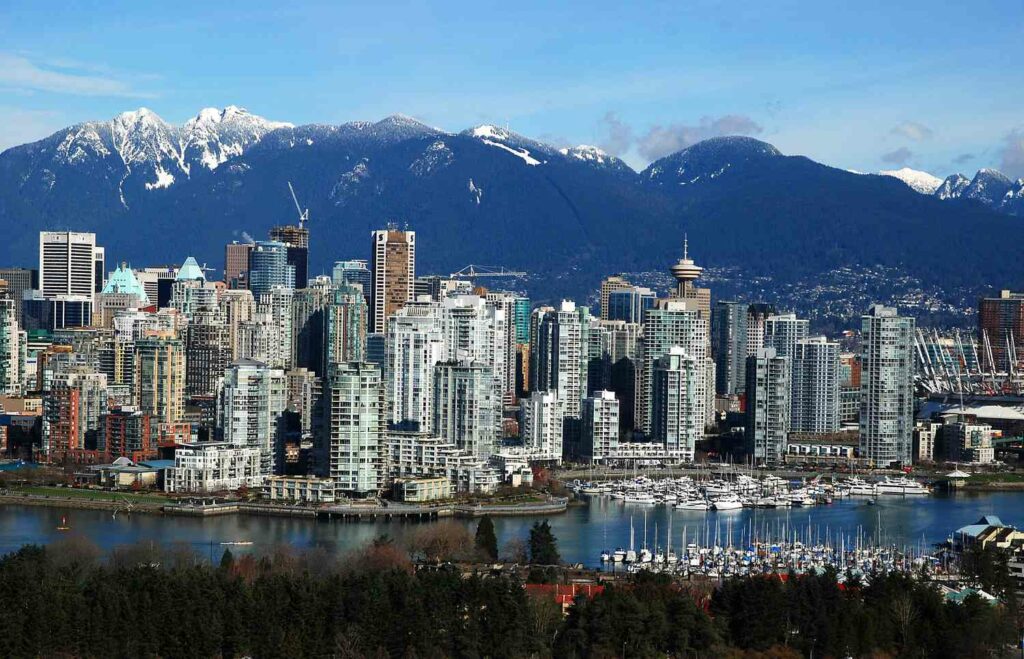What You Need to Know
 (Updated April 19th, 2024)
(Updated April 19th, 2024)Thinking of listing a property on Airbnb or another short-term rental platform in British Columbia? New regulations are coming into effect that will impact how hosts operate their short-term rental business. Here’s a breakdown of the key changes to be aware of:
Increased Fines for Rule Breakers (Already in Effect):
Local governments (regional districts) in BC now have the power to impose steeper fines for violations related to short-term rentals. Previously, the maximum penalty was $2,000. Now, regional districts can levy a fine of up to $50,000 for breaking the rules.
Business License Requirements (May 1, 2024):
Starting May 1st, 2024, if the relevant local government requires a business license for short-term rentals, hosts will need to display that valid business license number on their listing. This will help ensure transparency and accountability for both renters and the government.
New Principal Residence Requirement (May 1, 2024):
Of note: the new principal residence requirement, also coming into effect on May 1st, 2024, limits short-term rentals to a host’s principal residence (the place you live in most of the year). There are some exceptions, such as being allowed to rent out a single secondary suite or accessory dwelling unit on your property. However, this rule applies generally to most major cities in BC, including but not limited to Vancouver, Burnaby, Victoria, and Surrey.
Losing Non-Conforming Use Protections (May 1, 2024):
Previously, some properties may have benefitted from non-conforming use protections, allowing them to operate short-term rentals even if they didn’t meet current zoning regulations. These protections are being phased out as of May 1st, 2024. Whether this affects your property depends on a host’s specific situation and local government.
Provincial Registry Coming Soon (Late 2024 – Early 2025):
The BC government is establishing a provincial registry for short-term rentals sometime between late 2024 and early 2025. This will further streamline compliance and ensure transparency. Once the registry is launched, short-term rental hosts will need to include their provincial registration number alongside their business license number on their listings.
Platforms Must Verify Listings (Late 2024 – Early 2025):
Short-term rental platforms like Airbnb and VRBO will be required to verify listings against the provincial registry. This will involve checking for valid business license numbers and provincial registration numbers. This ensures that only compliant listings are displayed on these platforms.
Compliance Measures:
The province will establish a compliance unit to enforce these new regulations. This unit will track compliance, send out orders for non-compliant listings, and potentially issue administrative penalties for hosts who continue to operate outside the rules.
Useful Resources:
- BC Government Short-Term Rental Information:
https://www2.gov.bc.ca/gov/content/housing-tenancy/short-term-rentals
- City of Vancouver Short-Term Rental Information:
https://vancouver.ca/doing-business/short-term-rentals.aspx
By familiarizing yourself with these upcoming changes, you can ensure your short-term rental business in BC remains compliant and avoids any potential penalties.

About the Author
I provide legal solutions to clients while ensuring that they understand the process and are kept updated with each major step along the way. My goal is for my clients to conclude each matter feeling like they have been heard and felt taken care of.


